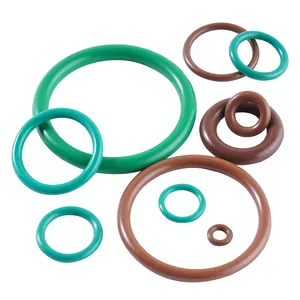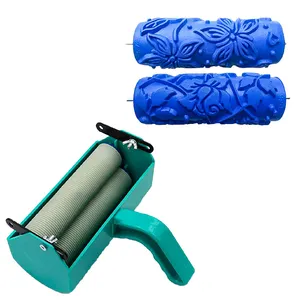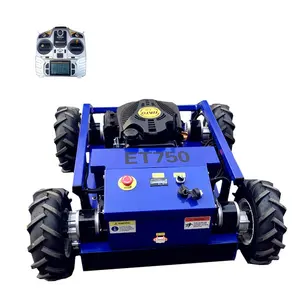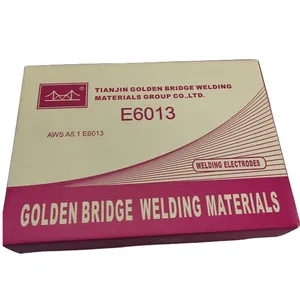Populair in uw branche














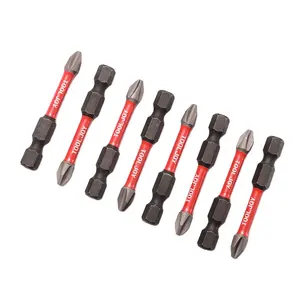





































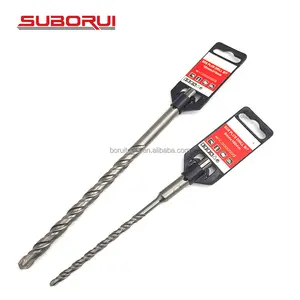






Gerelateerde zoekopdrachten:
























































































































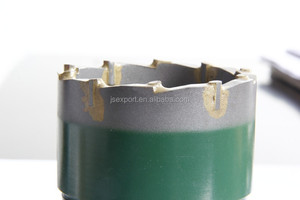



















Topcategorieën
Over tc boring bits
Alibaba.com biedt een uitgebreide collectie van tc boring bits. te koop door toonaangevende leveranciers, waardoor producten van topkwaliteit met uitstekende resultaten worden gegarandeerd. De producten zijn ontworpen voor langdurig gebruik en garanderen duurzaamheid en superieure prestaties. De meest populaire producten zijn tc boring bits, ander voertuiggereedschap en handgereedschap. Van fabrieken tot hotels en reparatiewerkplaatsen voor machines, ze zijn beschikbaar voor verschillende toepassingen in verschillende vormen en maten.
Een verreikend assortiment van tc boring bits. zoals interne draaigereedschappen, uitwendige draaigereedschappen en draaddraaigereedschappen zijn beschikbaar. Ze worden vervaardigd met behulp van hoogwaardige grondstoffen en zeer geavanceerde technologieën. Ze kunnen worden gemaakt van verschillende componenten, zoals een harde legering of wolfraamcarbide. Deskundigen hebben de producten op verschillende parameters getest, wat zorgt voor minimale slijtage en efficiënte prestaties.
Van snijgereedschapsinzetstukken tot machinesnijdende draaigereedschapmessenset, hardmetalen wisselplaat-draaisnijder en uitholling-hardmetaal, Alibaba.com zorgt ervoor dat alle soorten tc boring bits. zijn beschikbaar voor het winkelend publiek. Het gebruiksvriendelijke en comfortabele ontwerp maakt een handige functie mogelijk voor het uitvoeren van snelle taken.
Van gewoon gereedschap voor huishoudelijk gebruik tot grote, tc boring bits. zijn verkrijgbaar tegen toonaangevende prijzen en beloven optimale prestaties. Met veel leveranciers over de hele wereld is Alibaba.com een uitstekende plek om de meest geschikte artikelen voor de behoeften van het winkelend publiek te vinden. Elk product is ontworpen voor een bepaald doel en levert superieure prestaties. Voor het winkelend publiek is er een uitgebreide catalogus met gedetailleerde informatie over elk product. Het biedt ook de mogelijkheid om de materialen van de producten te kiezen.

